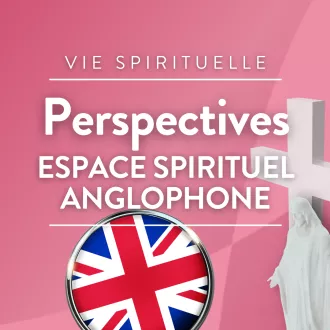The New Normal? | A talk by Derek Chittick

However, the phrase, the new normal, can also be used when speculating about what things will be like after the pandemic is over: what will the new new normal be then? Will we continue to wear masks whenever we go to the supermarket or the bakery? Have we lost the handshake for ever? Will that even apply in church - compulsory mask-wearing at all services, even when singing? As an aside, should some preachers be made to wear extra-padded masks as a form of muffler? Perish the thought!
There’s no doubt that some things have changed for ever because of the virus, not least in the realm of personal relations and trust, an while we all long for a return to the possibility of greater freedom to meet together, to travel and to see family, for many people, there will still be a reluctance to mix in crowded places or to travel in enclosed spaces with lots of others. At the same time, we’re already seeing a strong reaction against the restrictions in some quarters, so who knows what it will be like when sanctions are lifted? Mayhem could ensue, at least for a while in the new normal.
This concept of the new normal chimes in with a passage from Isaiah 43, a passage with a similar theme but a much more positive message. Speaking to the exiled Jews in Babylon, the prophet says in verses 18 and 19: Forget the former things; do not dwell on the past. See, I am doing a new thing! Now it springs up; do you not perceive it? I am making a way in the wilderness and streams in the wasteland.
It’s interesting that the Lord says to forget the former things, because in the previous verse, as the basis for what He wants to say in these verses, He reminds them of the Exodus and the crossing of the Red Sea. Does He mean that they are to forget these powerful foundational events of their history, with all their potential for inspiring hope and faith. If He does, it must surely be only because what the Lord is now going to do is far bigger and far more wonderful than even these historic events.
However, I don’t think these are what the Lord is encouraging His people to forget. Rather, I believe that He’s encouraging them to put behind them the horrors of the defeats that led to the exile, and all the shame associated with their moral and spiritual decline, and encouraging them to look towards the glorious new future that He is preparing for them and for all who believe. Jesus uses similar imagery when He invites the woman at the well to come and find living water through faith in Him, and when He talks about being the Way, the Truth and the Life. Water in the desert and a way through the wilderness, just like Isaiah promised.
As we approach Easter and the glory of the Resurrection, we encounter the opening action in the fulfilment of this prophecy; the inauguration of the Kingdom of God in a new dimension and the opening of the door into a new depth of relationship with God, not only for believing Jews, but for all who will trust in the Name of Jesus. I believe that the Lord is calling us into something new in the present day; calling us to forget the old ways of doing things, and the old sins that we’re ashamed of in order to come into a deeper experience of Jesus and His Kingdom, and a foretaste of the even greater glory that awaits us with the transformation of all creation when He returns.
The new normal following COVID will give us an opportunity for change in a way that hasn’t been seen in generations. Are we ready to forget the former things in favour of the exciting future of following God’s calling and leading?
Love and blessings,


Des réflexions spirituelles proposées aux anglophones - sous le titre : Perspectives
RCF vit grâce à vos dons
RCF est une radio associative et professionnelle.
Pour préserver la qualité de ses programmes et son indépendance, RCF compte sur la mobilisation de tous ses auditeurs. Vous aussi participez à son financement !
